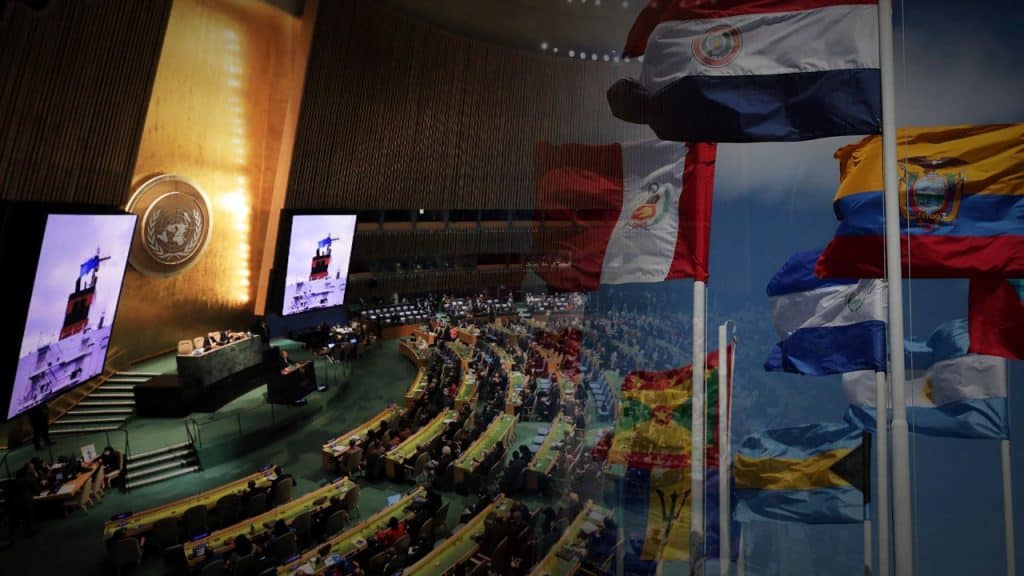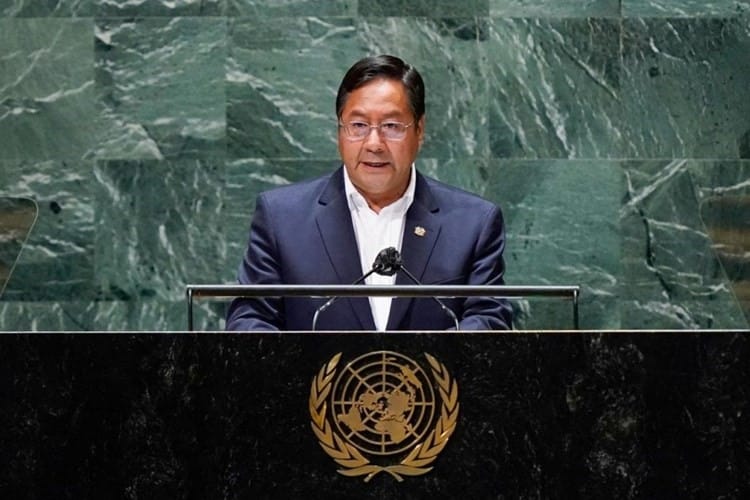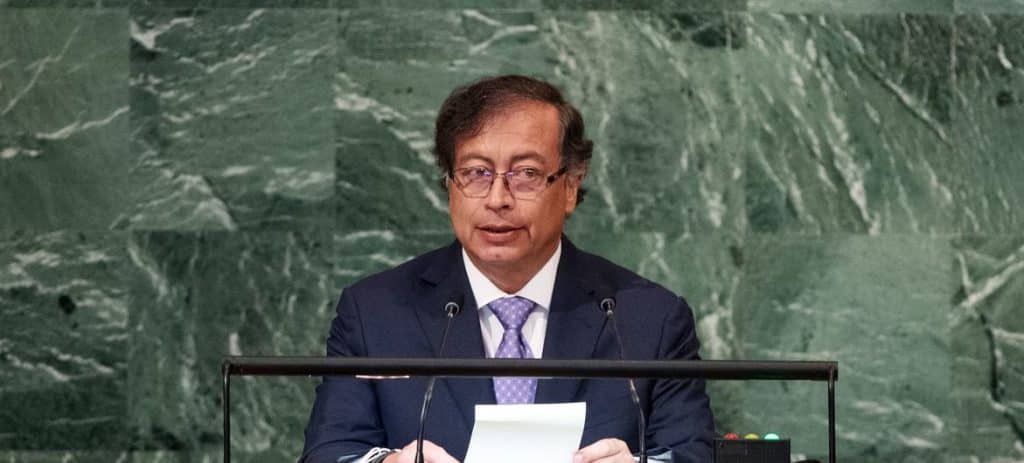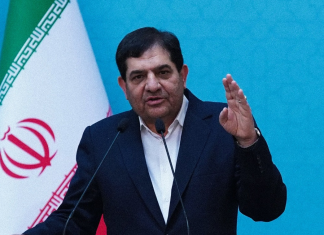
Latin American leaders ask for respect for their sovereignty and an end to foreign interference in national affairs, essentially from the United States, during their meeting at the United Nations.
Global threats, food crises, climate emergency, marked inequality, lack of democracy, international claims in national affairs, and US sanctions; are some of the issues addressed by the Latin American leaders who participated in the 77th UN General Assembly in New York.
Xiomara Castro: US sanctions are infamous
In her speech, the Honduran president presented a challenging speech, outside the traditional rhetoric, and the first that a woman says, as Head of State of Honduras.
Castro rejected the United States blockade of Cuba, which she framed as infamy.
“We proclaim the return to the self-determination of the peoples, rejecting the infamous and brutal blockade of the people of the Republic of Cuba. And the aggression against the Bolivarian Republic of Venezuela must end,” said the Central American ruler in her speech in front of world leaders.
During his mediation, she also accused the industrialized countries of environmental deterioration by making the Latin American peoples pay «for their onerous lifestyle», assuring that Honduras constituted by a humanist and sovereign foundation «will do what is legally important to protect our environment”.
Luis Arce: «We reject interference and efforts to destabilize democracies»
Through his statement, the president of the Plurinational State of Bolivia, Luis Arce, urged the United Nations Assembly to take action against interference in justice with the aim of «destabilizing democracy in our country.»

In this sense, his participation was highlighted in issues related to Lithium and as external agents, they want to implement actions for its industrialization.
«We want our lithium reserves not to go the way of other natural resources went, which only served to increase the wealth of a few and provoke the hunger of the people,» he added.
Among the proposals of the Latin American head of state, are the declaration of a zone of peace for the world, the universalization of free health, global food sovereignty, rejection of unilateral sanctions, and the full validity of the Charter of the United Nations.
Gustavo Petro: «I come from a country of bloody beauty»
The president of Colombia, Gustavo Petro, used his time in the Assembly to emphasize the exploitation of natural resources, the food crisis and his position regarding the war on drugs.

The former mayor of Bogotá and now president of Colombia, began his statement to address the food crisis, directly asking the United States to think about the idea of «food sovereignty» and promote policies so that people can feed themselves, instead of relying on the free market.
“If Colombia produced more agriculture and food, more corn, if it imported less corn from the United States, it would export less cocaine. Which of the two paths do we prefer?” Petro questioned.
The Colombian leader framed the defense of biodiversity and the fight against climate change as central points in his government agenda, having as a scenario a Colombia with one of the longest and most complex armed conflicts in the world, which generated one of the displacements largest internals humanity has ever seen.
Alberto Fernández advocated compliance with the principles of international humanitarian law
The president of Argentina, who currently chairs the Community of Latin American and Caribbean States (CELAC), urged through his speech, the end of the blockades imposed by the United States on Cuba and Venezuela.
«According to the UN Charter, the only legitimate sanctions are those imposed by the Security Council, to enforce its decisions on the maintenance of peace and security,» said the Argentine head of state. Among his topics to discuss were far-right groups and hate speech, social inequalities, and indebtedness, during the Presidency of Mauricio Macri in Argentina, with the International Monetary Fund (IMF).





